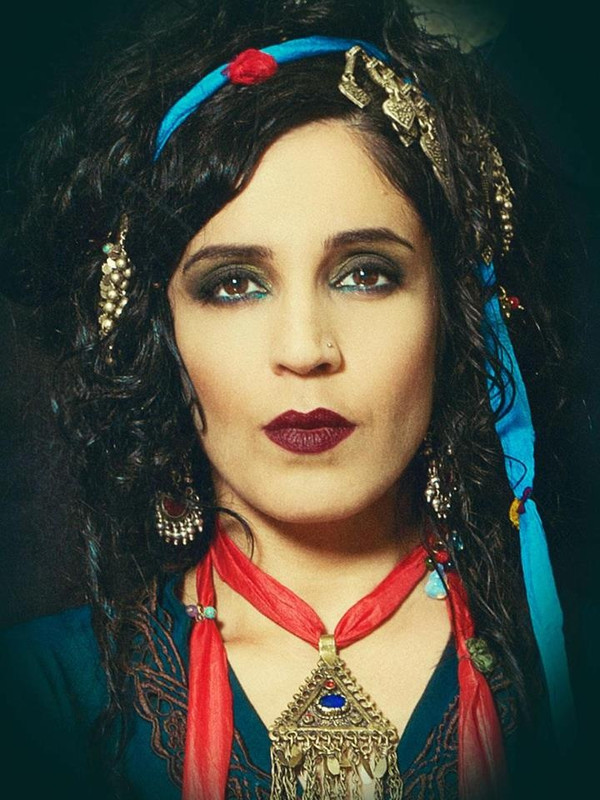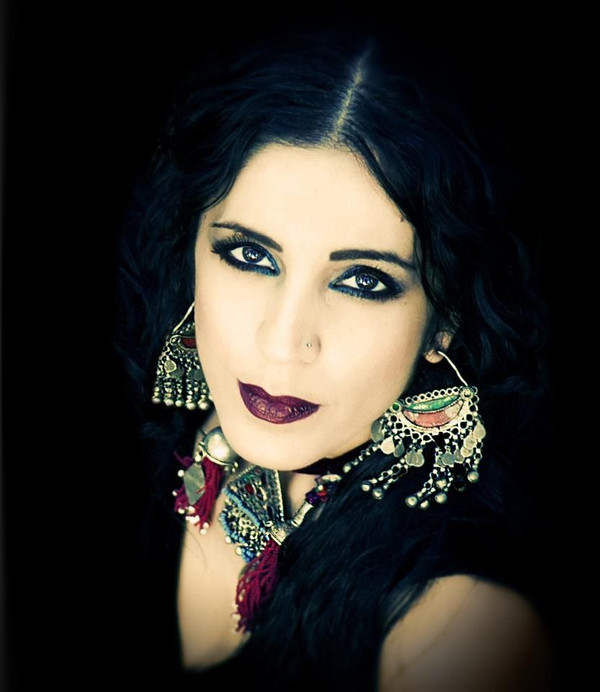Azam Ali
Настоящее имя: Azam Ali
Об исполнителе:
Azam Ali was born in Tehran, Iran and grew up in India from the age of four in the small town of Panchgani, a beautiful hill station in the state of Maharashtra. There she attended an international co- educational boarding school for eleven years, all the while absorbing India's rich music and culture throughout her formative years. The course Azam would eventually choose in her life would be very much influenced by her fortuitous upbringing in a school which emphasized the importance of the arts and spirituality, and aimed through moral and academic excellence to produce promoters of social transformation imbued with the spirit of service to mankind. It is this objective that would take shape in Azam's music in the coming years. The Iranian revolution of 1979 changed the course of Azam's life as it did for many Iranian's. Unwilling to bring her daughter back to a country filled with uncertainity, like many other Iranians, her mother decided to give up her home and life, and together they moved to America in 1985 when Azam was just a teenager. During her years in India, she received formal training in Bharatanatyam, the classical dance form of India . But shortly after moving to the United States, it became clear for Azam that she wanted to pursue a career in music after falling in love with the Persian Santour (Hammered Dulcimer). Though Azam had an innate gift for singing since she was a child and sang often at home and school functions, she had no particular interest in becoming a vocalist. She had her heart set on becoming an instrumentalist and so began studying the Santour under the guidance of Persian master Manoocher Sadeghi, During the eight years of her extensive studies with Ustad Sadeghi in which she became an accomplished Hammered Dulcimer player, Azam began to realize that she was unable to express the full range of emotions she experienced through her instrument. It was during one of these lessons that her teacher heard her sing for the first time. Completely taken, he told her that her voice had a rare emotional quality about it which should be cultivated and nurtured. It was through his encouragement that Azam began to explore her voice as the vehicle through which she would finally be able to fully express herself, a voice which Billboard magazine would later describe as, "a glorious unforgettable instrument." While pursuing formal training in various vocal traditions like Western classical, Indian, Persian, and Eastern European, Azam's true passion has been to explore the immense potentiality of the human voice, specifically its capability to transcend language, cultural, and spiritual barriers when expressing pure emotion.





























